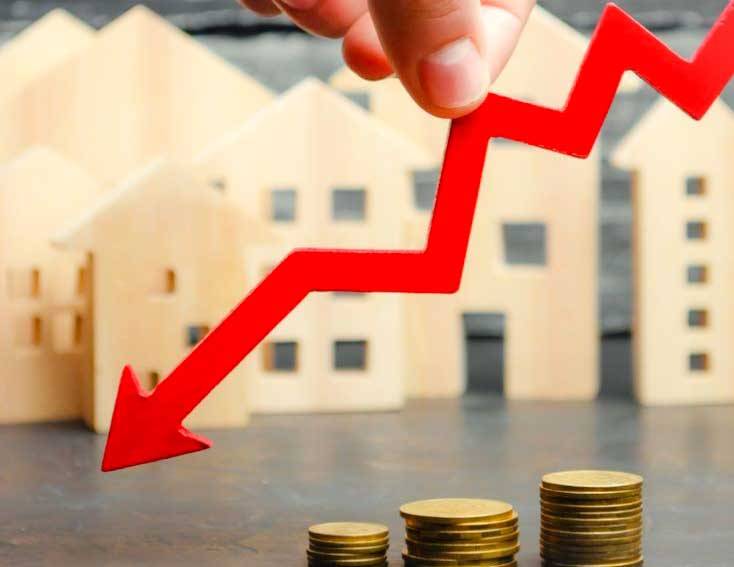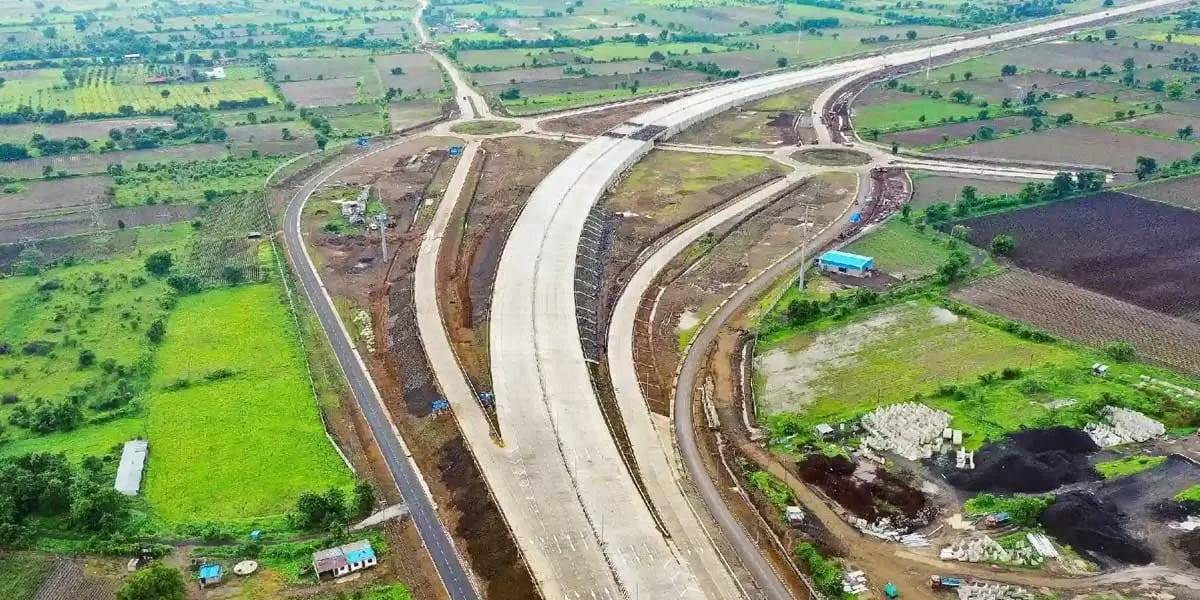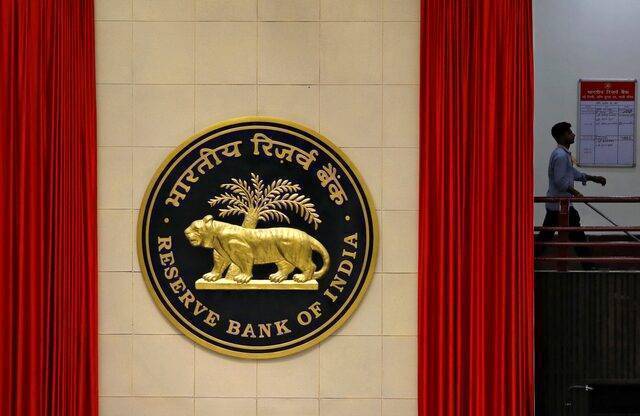Housing sales in India’s top eight cities experienced a notable dip of 6% during the April-June quarter of 2024 compared to the preceding January-March quarter. This decline, revealed by PropTiger.com, a leading digital real estate brokerage firm, was primarily due to the cautious approach adopted by both homebuyers and developers ahead of the Lok Sabha elections.
The eight cities examined in the report are Ahmedabad, Bengaluru, Chennai, Hyderabad, Kolkata, Delhi-NCR (Gurugram, Noida, Greater Noida, Ghaziabad, and Faridabad), the Mumbai Metropolitan Region (MMR), and Pune. This comprehensive quarterly analysis titled ‘Real Insight Residential – April-June 2024’ provided a detailed overview of the real estate market dynamics during this period.
Market Dynamics and Sales Performance
During the April-June quarter, housing sales fell to 1.13 lakh units from 1.20 lakh units in the January-March quarter, representing a 6% decline. Despite this quarter-on-quarter decrease, the market showed a substantial year-on-year growth of 43% from the 80,245 units sold during the same period last year. This growth underscores the underlying positive sentiment and strong fundamentals in the real estate sector despite the temporary slowdown.
The decline in housing sales was not uniform across all cities. Bengaluru and Delhi-NCR bucked the trend with significant increases in sales. Bengaluru saw a remarkable 30% rise in sales, reaching 13,495 units from 10,381 units in the previous quarter. Similarly, Delhi-NCR experienced a 10% increase in sales, with 11,065 units sold compared to 10,058 units in the preceding quarter. The availability of ready-to-move-in homes in Delhi-NCR was a key driver for this uptick.
Conversely, other cities such as Ahmedabad, Chennai, Hyderabad, Kolkata, MMR, and Pune witnessed a decline in housing sales. Ahmedabad saw the most significant drop of 26%, with sales falling to 9,500 units from 12,915 units. Chennai experienced a 10% decline to 3,984 units, while Hyderabad's sales fell by 14% to 12,296 units. Kolkata's sales decreased to 3,237 units from 3,857 units, representing a 16% decline. The MMR region saw an 8% decline to 38,266 units from 41,594 units, and Pune’s sales dipped by 5% to 21,925 units from 23,112 units.
New Supply Trends
The report also highlighted a marginal 1% decline in new housing supply, with 1,01,677 units launched in the April-June quarter compared to 1,03,020 units in the January-March period. Despite this slight decrease, new launches showed an 11% year-on-year decline from the 1.13 lakh units recorded in the second quarter of 2023. The MMR region remained the largest contributor to new supply, followed by Pune with a 22% share and Bengaluru with a 12% share.
The decline in new launches was not uniform across all cities. While half of the cities experienced a fall in new launches, the remaining cities saw an increase. This mixed trend indicates that developers are strategically timing their launches based on market demand and political stability.
Factors Influencing the Market
Vikas Wadhawan, Group CFO of REA India and Business Head of PropTiger.com, explained that the dip in housing sales was due to the general elections, with both homebuyers and developers adopting a wait-and-watch approach. However, he noted that consumer sentiment remained positive regarding real estate investments, driven by strong market fundamentals.
“We are expecting a pro-investment Union Budget after the formation of a new government at the Centre and believe that sales would strengthen in the coming quarters, especially during the festive months,” Wadhawan added. This optimistic outlook is based on the anticipation of favorable government policies and economic stability post-elections.
Outlook for the Future
Looking ahead, the real estate market is expected to regain momentum post-elections. The anticipation of a pro-investment Union Budget and the festive season in the latter half of the year are likely to boost housing sales. Developers are also expected to align their new launches with market demand, ensuring a steady supply of quality housing options.
Conclusion
The housing market dynamics in the top eight cities during the April-June quarter of 2024 reflected a mixed performance, influenced heavily by the political climate and upcoming Lok Sabha elections. While Bengaluru and Delhi-NCR showed resilience with notable increases in sales, other cities like Ahmedabad, Chennai, Hyderabad, Kolkata, MMR, and Pune experienced declines due to cautious buyer behavior and the deferment of new launches by developers. Despite the temporary slowdown, the underlying positive sentiment and strong market fundamentals suggest a potential rebound in the coming quarters, especially post-elections and with the anticipated pro-investment Union Budget.









.png)